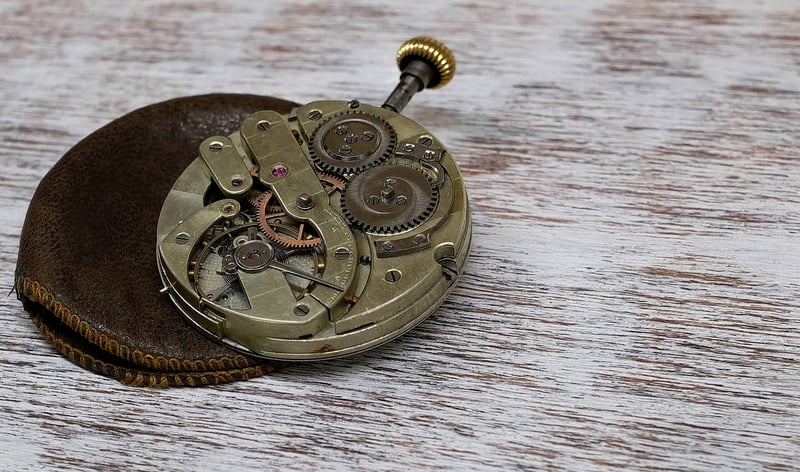Predestination Paradox
The Dilemmas of Altering Time and the Predestination Paradox
Time travel has long captured the human imagination, offering endless possibilities and stirring up complex debates about the consequences of altering the past or the future. One of the most intriguing concepts in time travel fiction is the predestination paradox, a mind-bending idea that challenges our understanding of cause and effect.
Understanding the Predestination Paradox
The predestination paradox, also known as a causal loop, occurs when a time traveler goes back in time and inadvertently influences events in a way that ensures the future they came from will still come to pass. In essence, the time traveler's actions become part of the established timeline, creating a loop with no clear origin.
For example, imagine a scenario where a time traveler goes back in time to prevent a catastrophic event. However, their actions actually end up causing the very event they were trying to prevent, thus creating a self-fulfilling prophecy. This paradox raises profound questions about free will, determinism, and the nature of time itself.
The Grandfather Paradox
Another famous time travel paradox is the grandfather paradox, which posits that if a time traveler were to go back in time and prevent their grandfather from meeting their grandmother, thus preventing their own birth, how could they exist to go back in time in the first place?
This paradox highlights the inherent contradictions that arise when considering the possibility of changing the past. It suggests that any attempt to alter past events may be doomed to failure or may inadvertently lead to the very outcome the time traveler was trying to avoid.
Ethical Dilemmas and Consequences
Time travel raises profound ethical dilemmas, as the potential consequences of altering the past are unpredictable and far-reaching. Should individuals have the power to change historical events, even with the best of intentions? What impact could such interventions have on the course of history and the lives of countless individuals?
These questions underscore the complexity of time travel narratives and the moral implications of playing with the fabric of time itself. As much as we may dream of rewriting history or preventing tragedies, the predestination paradox and other temporal conundrums remind us that time is a delicate and interconnected web that resists easy manipulation.
Conclusion
While the allure of time travel is undeniable, the dilemmas and paradoxes it presents serve as a cautionary tale about the fragility of the past, present, and future. Whether contemplating the predestination paradox or grappling with the ethical implications of altering time, time travel narratives continue to captivate audiences and spark profound philosophical reflections on our place in the universe.
Explore the fascinating world of time travel literature and film to delve deeper into these thought-provoking concepts and immerse yourself in the mysteries of temporal manipulation.


For more captivating images related to time travel and paradoxes, visit Pixabay.
